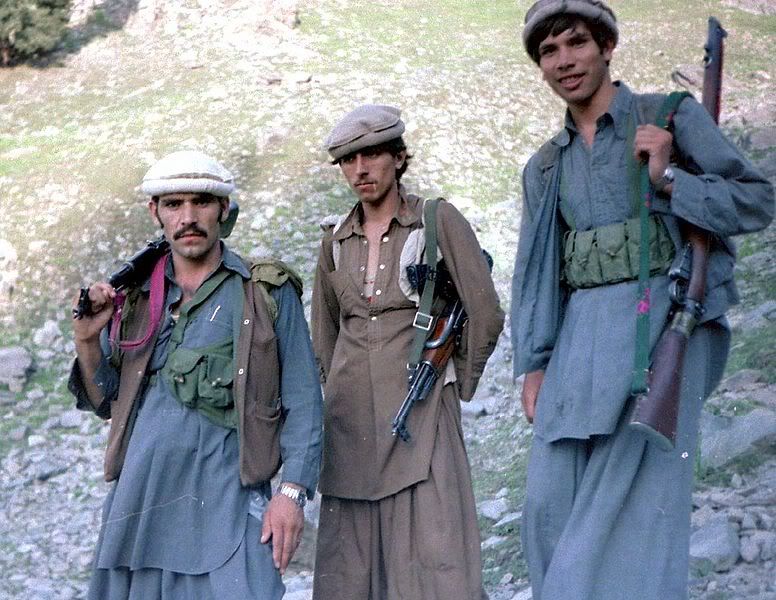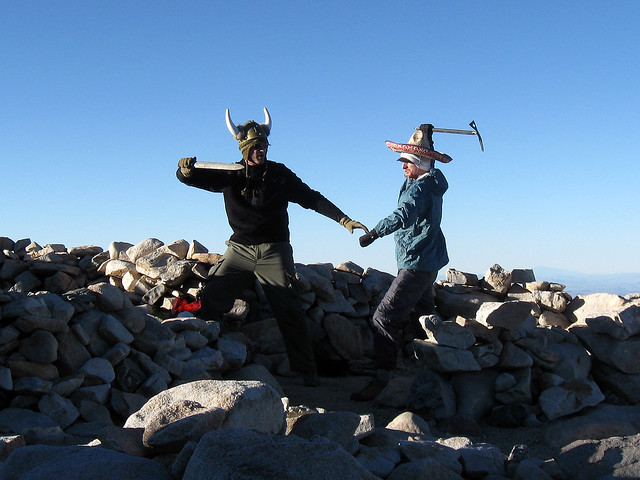I might ruffle some feathers, but this is my opinion and dammit, I gotta say it for once. I hold back too much.
I used to use a military-style of doing things, that of being prepared for everything. Now that I've "seen the light" (pun intended), I don't do that anymore, because it's ridiculous. I used to carry anywhere from a nice light 55lb pack up to a 150lb pack for whatever distance, usually a 10 mile circuit. 150lbs isn't the heaviest pack carried.
Some of my buddies on here prefer to carry more comfort items. More power to them! One should do what brings them more joy. I do not like that, nor do I like expedition style climbing (think bringing a buncha stuff to point A, then climbing to summit B and back).
I think the lightweight ethos isn't about the gear, it's about the mindset. Do you think that native people of any land carried massive packs full of all manners of stuff everywhere they went? A good recent example would be a comparison between US Soldiers and Marines conducting special operations in Afghanistan. "Light" to a civilian is naked compared to what a Soldier must carry. Soldiers operating over there have to cross tough terrain with what amounts to basically
too much weight, while Pashtun in the area carry almost nothing, just an AK and the clothes on their back, and sometimes other kit as well. They don't have water, they don't have NOD's, they don't have so much stuff, but as a result they're very light, very fast, and very quiet. They are closer to what humans are supposed to be... very light, bare bones, no bullshit. An Allied Coalition Soldier operating in the same environment must carry much more equipment, which weighs them down, makes them slower, makes them less capable of reacting to contact, makes them clumsier than they'd like to be, basically reduces their effectiveness.

پښتون مجاهدين
Be like a Pashtun. Go light. They don't care about brand names, they just
go light.
We were meant to go light.
Matt said that one should not push themselves to the limit on any outdoor trip. I very strongly respect Matt, and I look up to him. I have a different opinion, however, probably also stemming from military experience (small unit tactics, special operations kinda stuff), where a lot is required of a small team of very professional warriors. I strive to push beyond my "limit", because the limit is simply a point where we finally start to grow. I honestly do
not enjoy climbing a route that I can climb easily. I'd explain this further if we were talking face to face. It's an injustice to try to describe this very basically spiritual pursuit in a text medium. It is a very mental and
very spiritual thing for me.
Your mileage may vary. I'm not trying to change anyone's opinions, but I gotta say my side. I don't have kids or dependents.
Cheers


